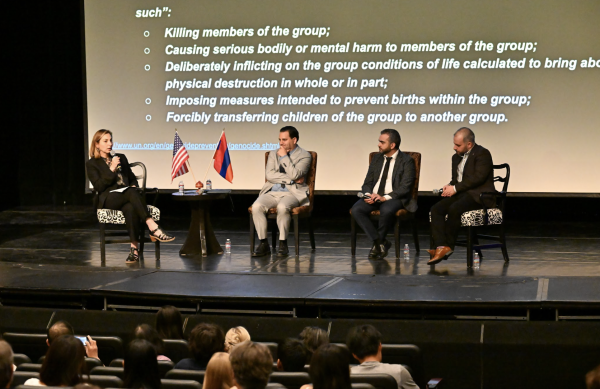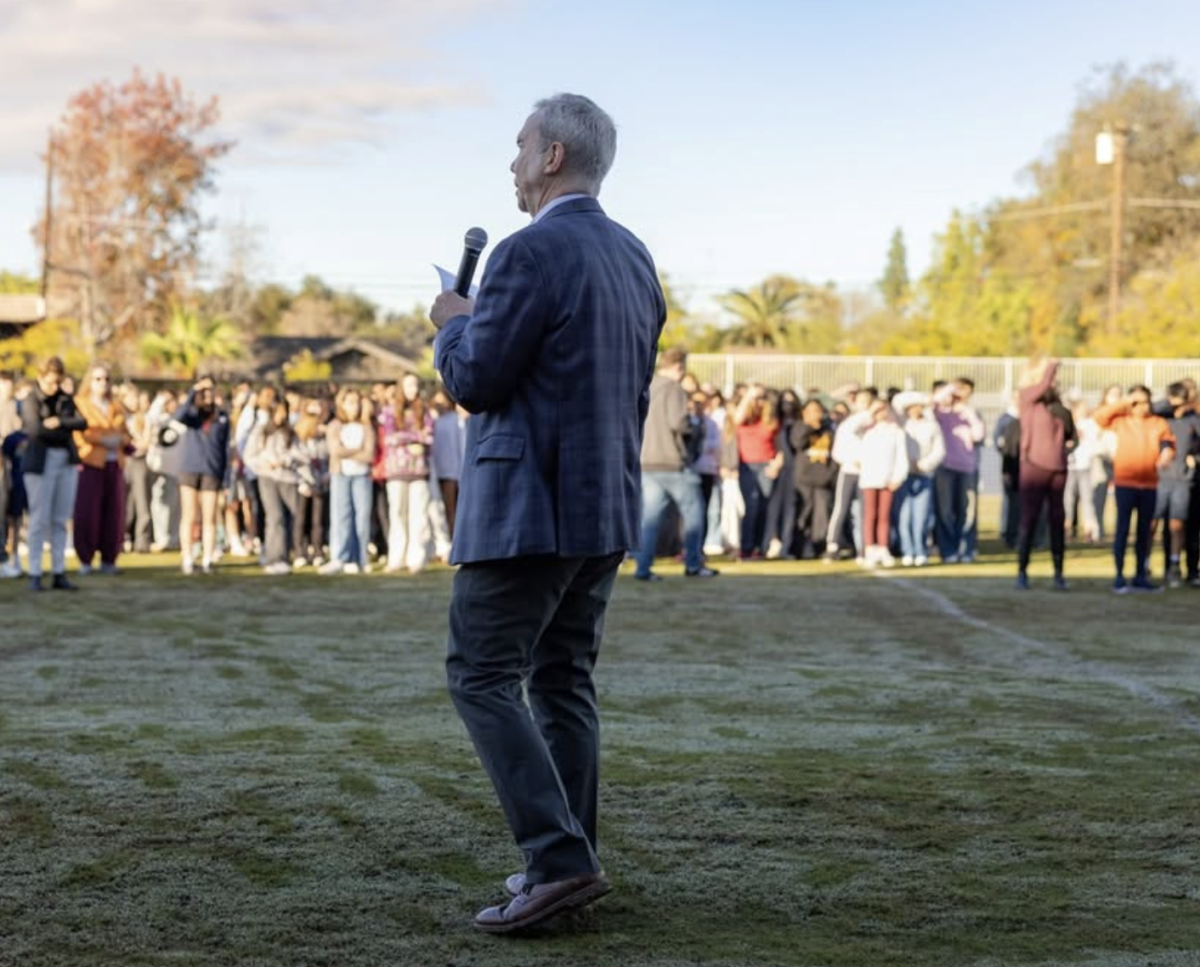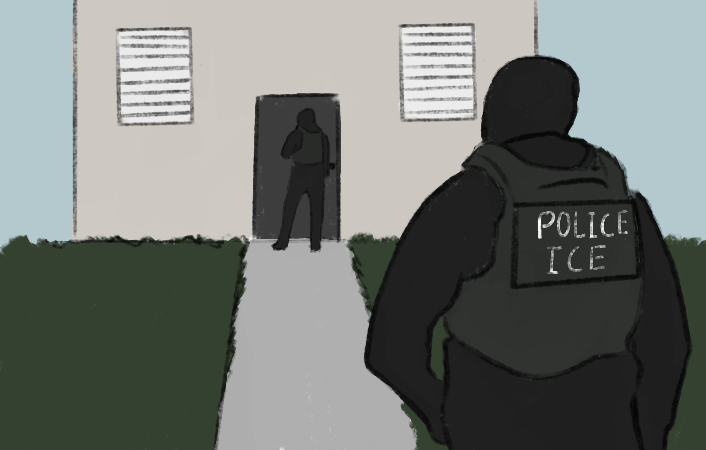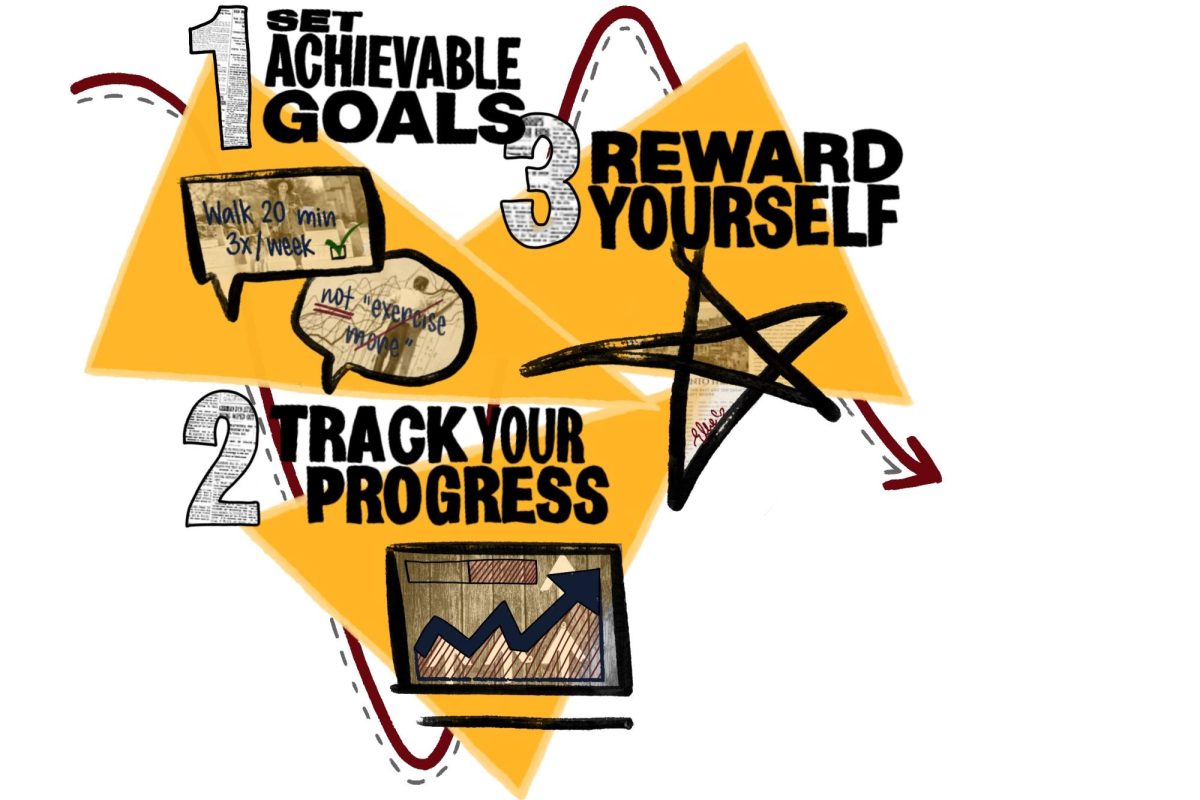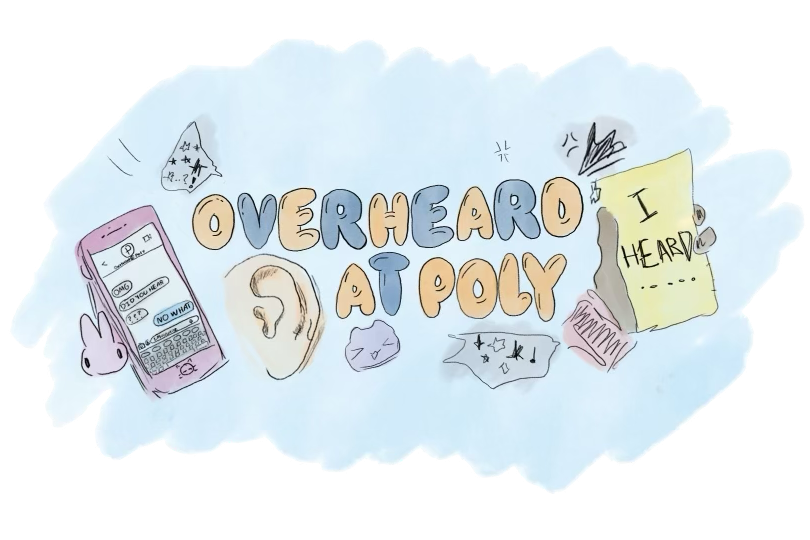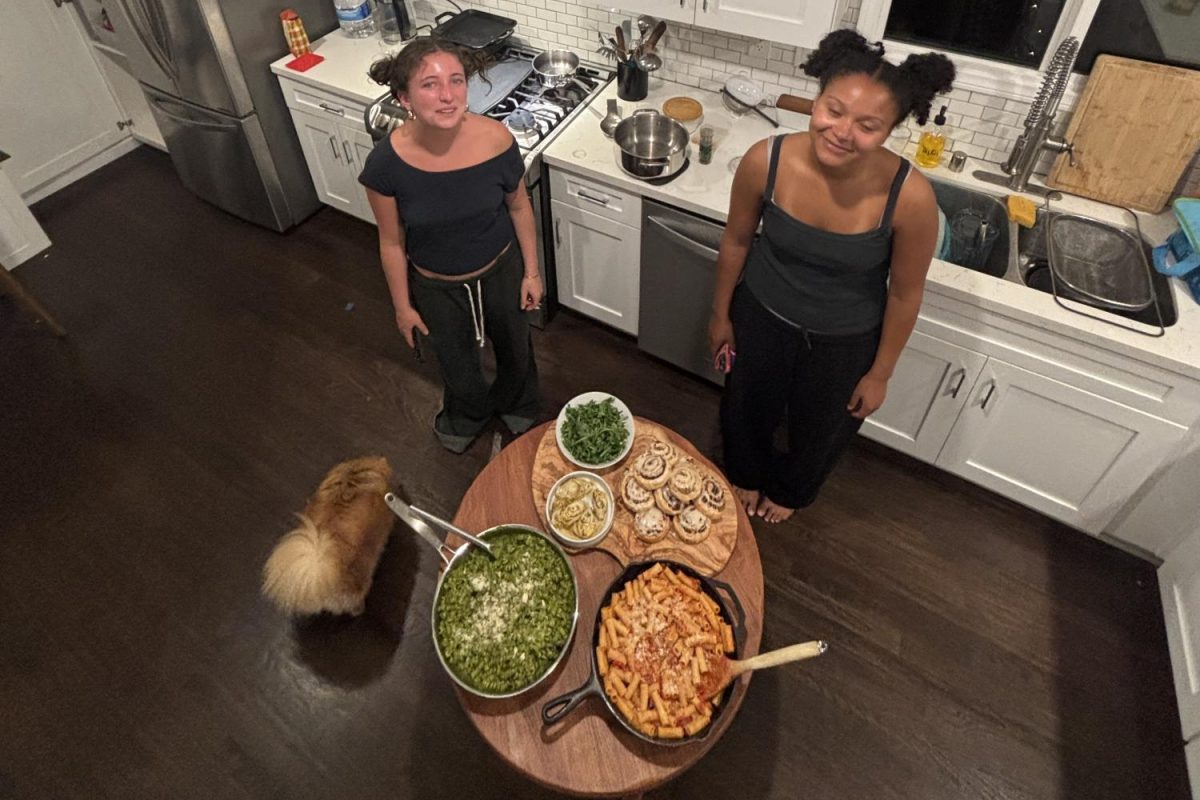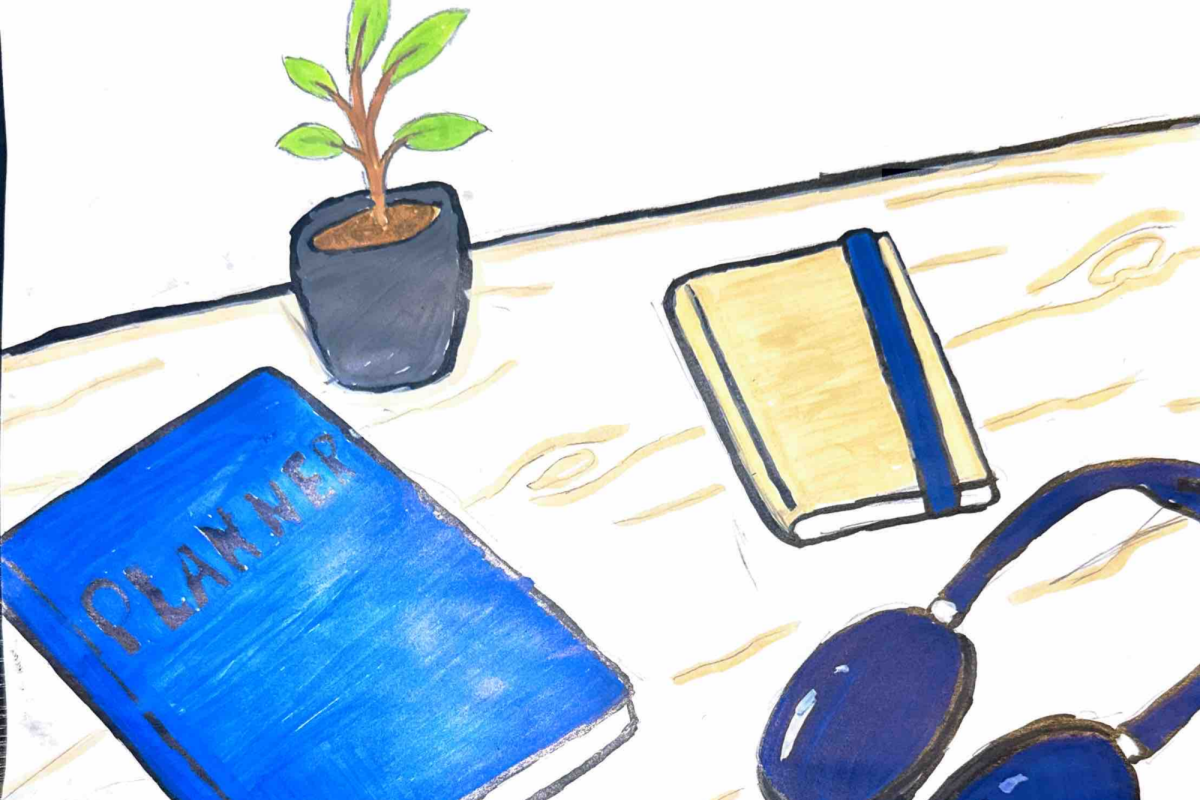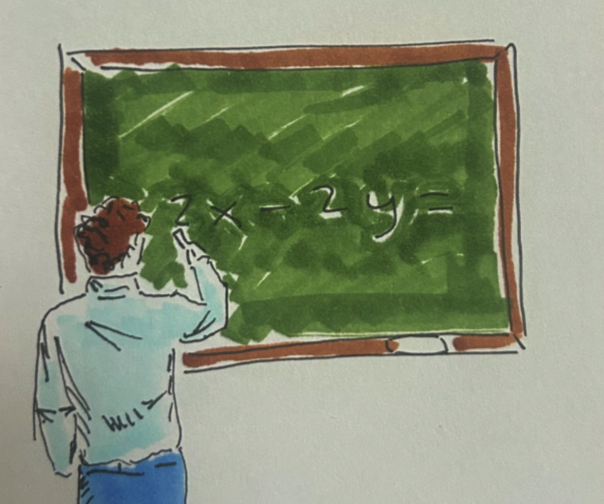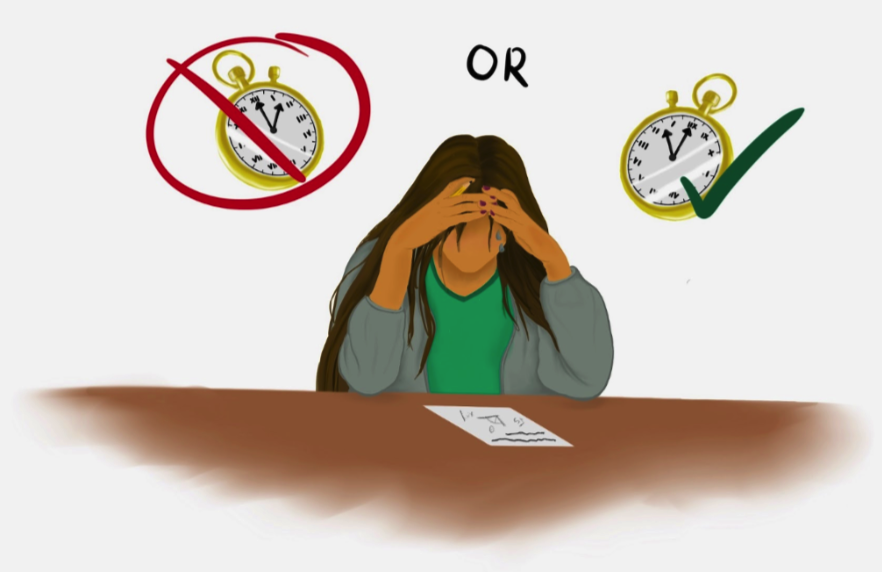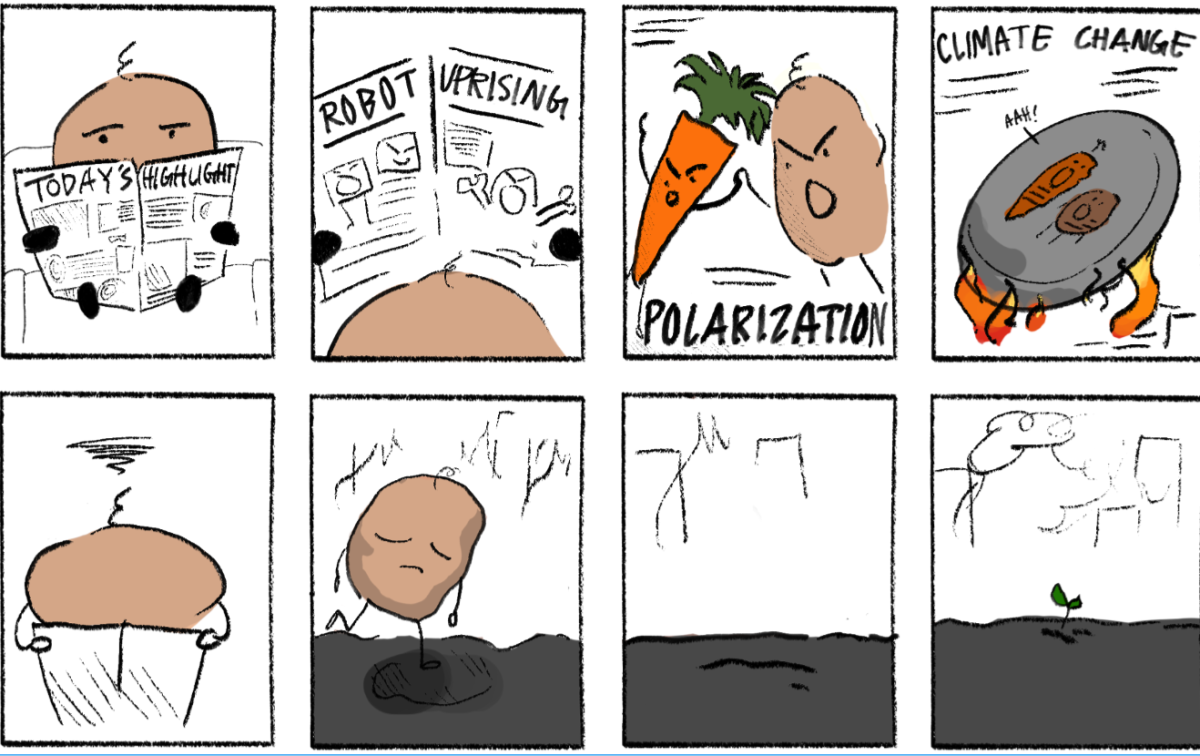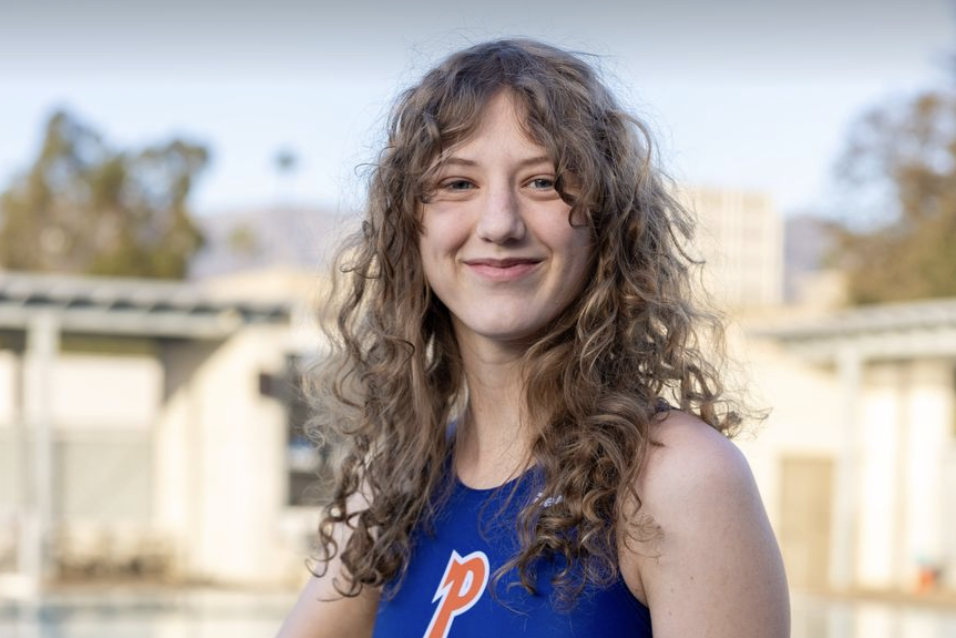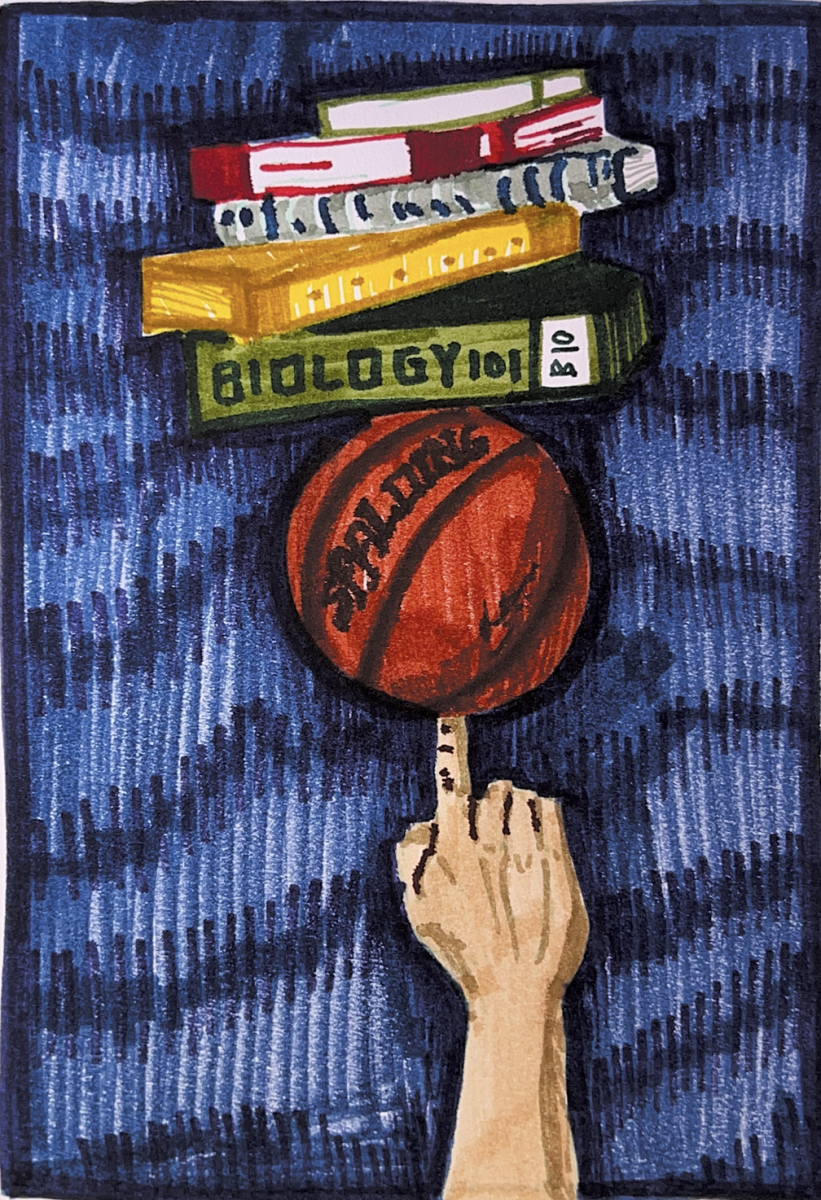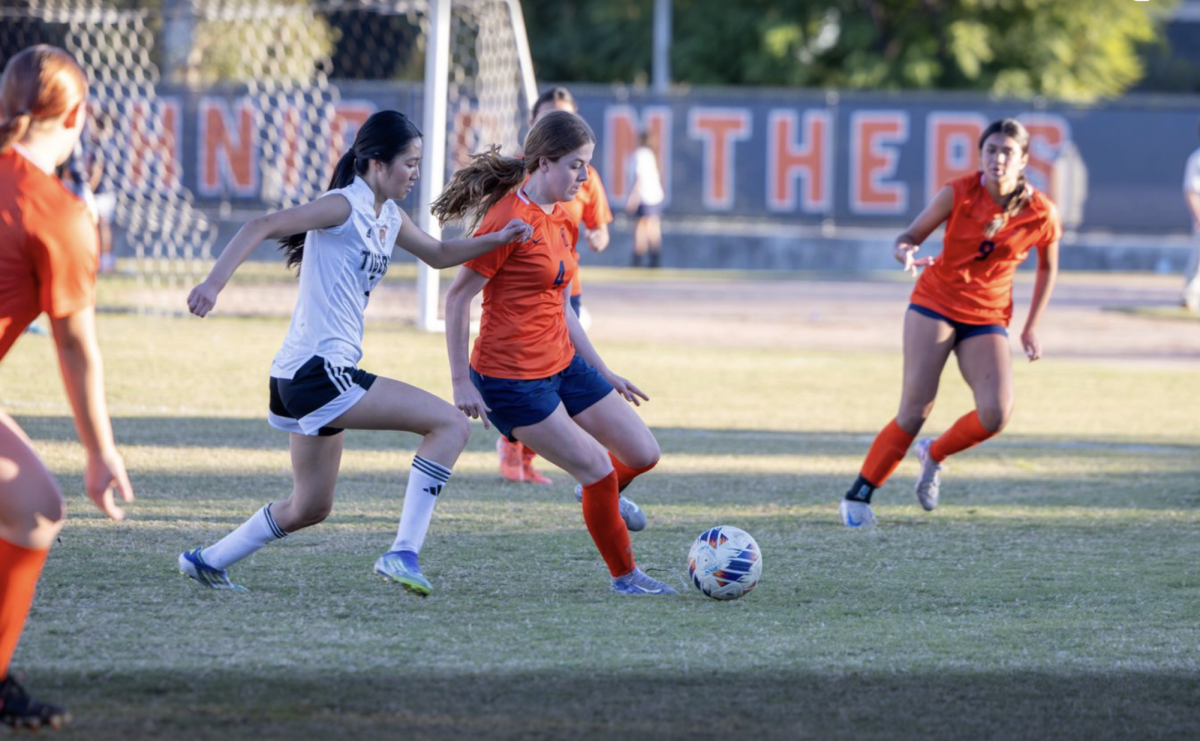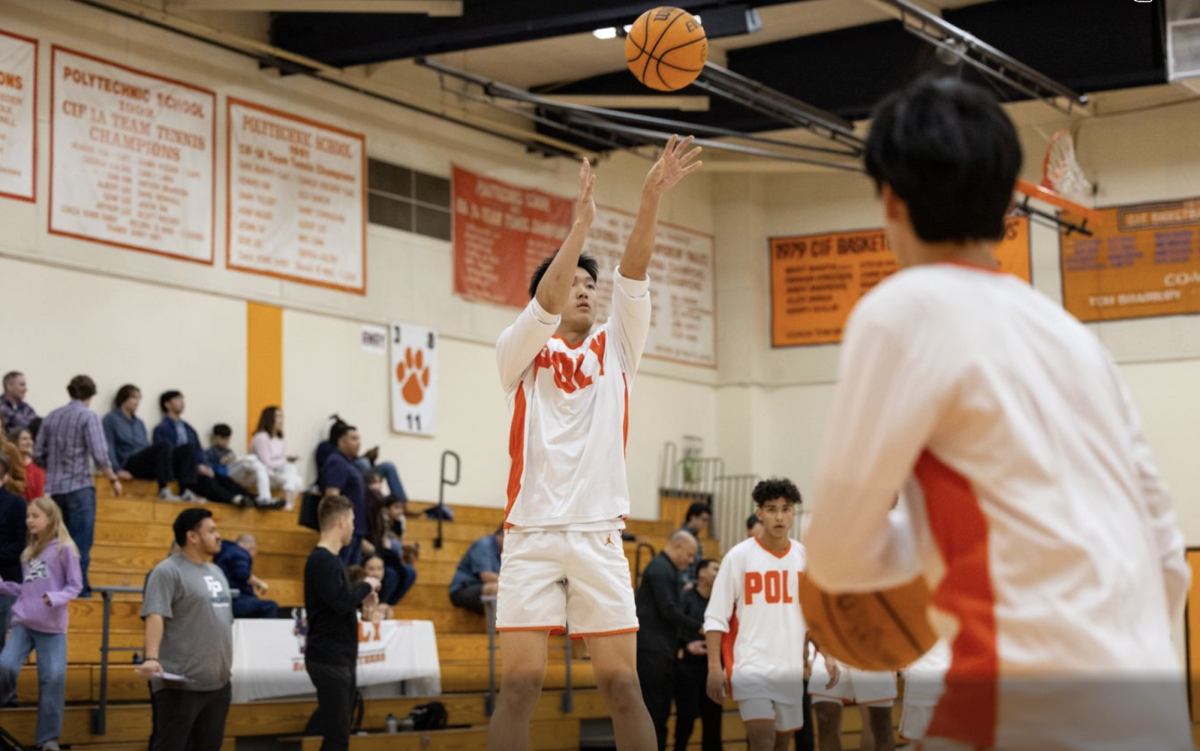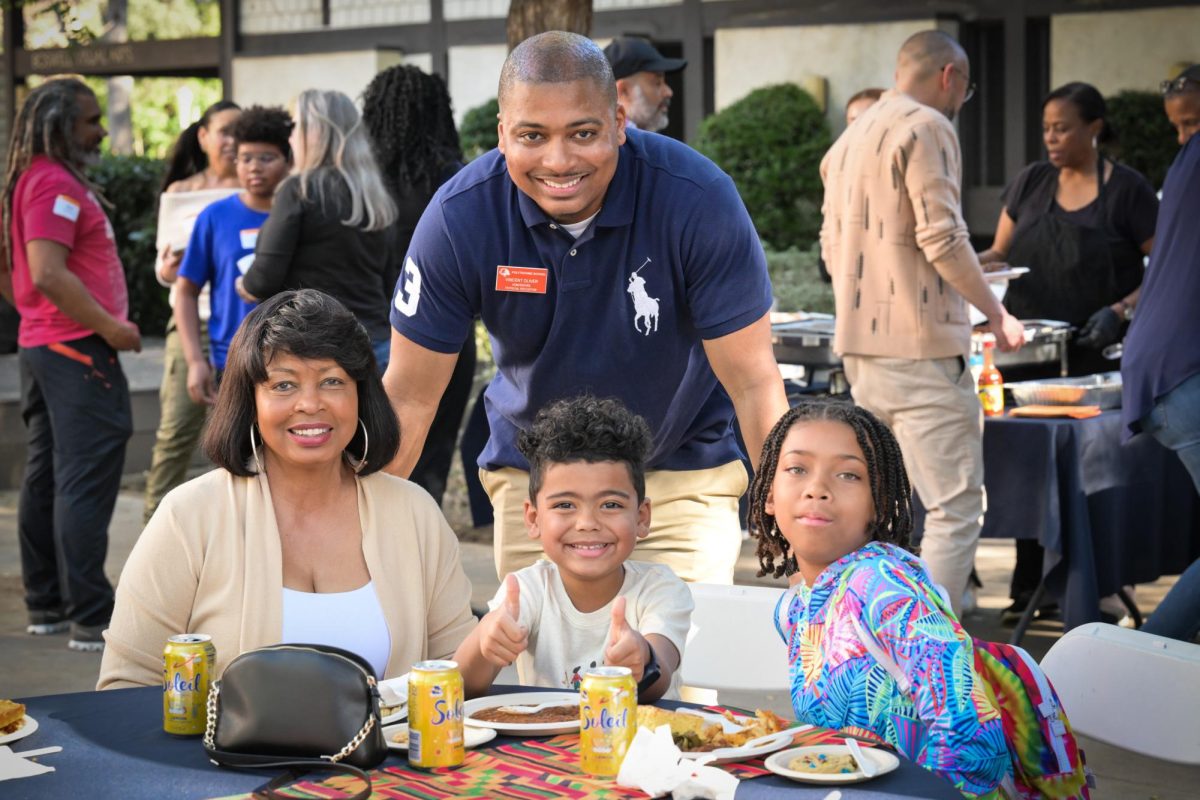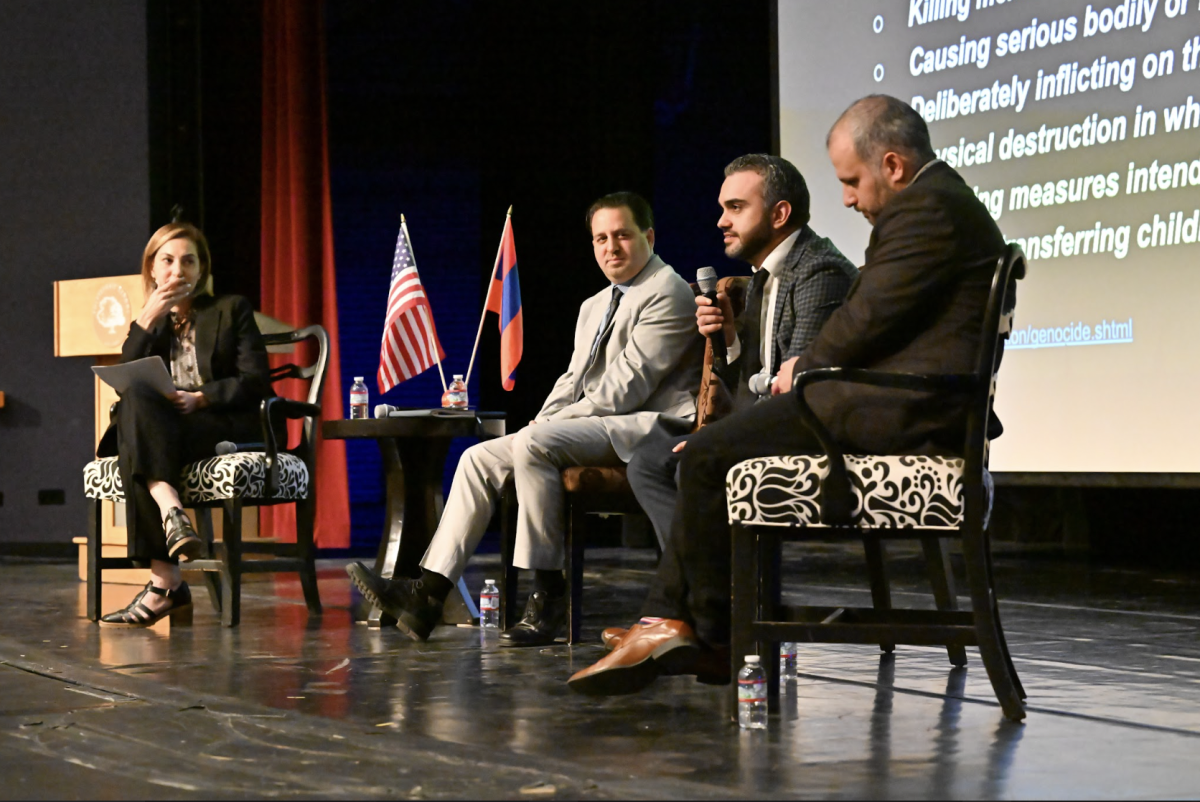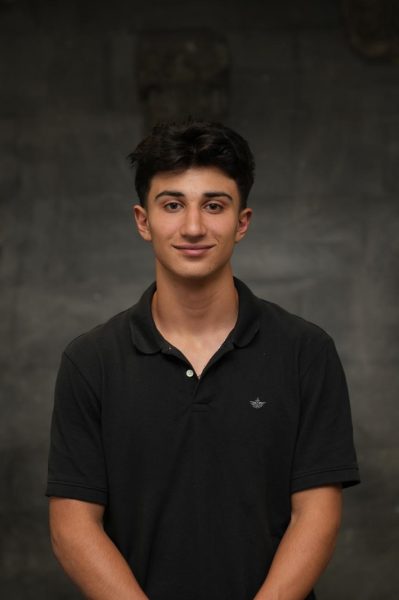On Wednesday, Nov. 8, Poly’s Global Initiatives Program and Pasadena’s United Nations Association chapter orchestrated a thought-provoking panel discussion in Garland Auditorium, the focal point of which was the prevailing state of affairs concerning the longstanding conflict between Armenia and Azerbaijan in the region of Nagorno-Karabakh, also referred to as Artsakh. The panelists embarked on a comprehensive journey, delving into the historical origins of the conflict — from the formative years of the Soviet Union to the most recent exodus of over 100,000 Armenians from the region after over nine months of blockade.
The panel consisted of experts Steve Swerdlow, Associate Professor of the Practice of Human Rights in the Department of Political and International Relations at the University of Southern California; Simon Maghakyan, visiting scholar at Tufts University and a Ph.D. student in Heritage Crime at Cranfield University; Gegham Mughnestyan, Chitjian Researcher Archivist at USC Institute of Armenian Studies and Shushan Karapetian, panel moderator and Director of the USC Institute of Armenian Studies.
Throughout the discussion, panelists shared the challenges that they have faced while attempting to speak of the conflict from a neutral standpoint, speaking of their experiences balancing their personal and professional lives amidst the most recent fragile moments of the conflict.
“There is an eleven to twelve hour time difference between the U.S. and Armenia. We would spend our waking hours here frightened and scared, and we would spend the night awake seeking updates, and those who aren’t in Armenian studies went to work dysfunctional and stayed up all night. For those of us in Armenian studies, work was the nightmare that everyone else escaped during the day,” shared Karapetian.
Those who attended the panel said they felt much better informed about the conflict after the discussion.
“Before the discussion, I had a very basic understanding of the conflict and the history of it, but the information shared during the panel has helped me to better understand what is happening,” said junior Ben Dalany. “Having grown up in the greater Los Angeles community, I have constantly been surrounded by Armenian culture, and being able to understand how this conflict has impacted Armenians in the diaspora and in Armenia itself has helped me to develop as a global scholar.”
